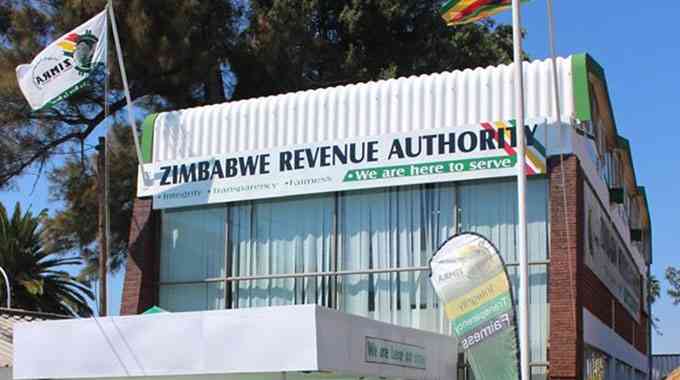
THE National Consumer Rights Association (Nacora) has blasted a blitz by the Zimbabwe Revenue Authority (Zimra) on businesses suspected of selling smuggled goods during the festive season saying government must create an enabling environment to facilitate formalisation.
A number of liquor outlets, tuckshops and shops which sell secondhand clothes nationwide suffered huge losses as a result of hefty fines in a season normally characterised by huge profits.
Nacora co-ordinator Effie Ncube said the small business sector played a huge part in eradicating poverty, thus, the State should create an enabling environment for it.
“While taxes must be paid and operations conducted within the law, the State should alleviate the tax burden, making it easier for businesses to operate legally and take into account the views of businesses,” he said.
Ncube said there were too many stumbling blocks that businesses faced when trying to regularise their operations, leading to smuggling of goods.
“Currently, there are too many roadblocks for businesses wanting to regularise their operations. This includes challenging registration requirements and lack of affordable supplies in Zimbabwe. This situation prompts many small businesses to look to Zambia, Botswana, Mozambique and South Africa for affordable supplies,” he said.
“Unfortunately, steep import duties are encouraging smuggling, which takes away a key source of income for the State. A win-win arrangement is urgently required. The hammer is not the best solution.”
Bulawayo Chamber of Small to Medium Enterprises (SMEs) chairperson, Coustine Ngwenya, echoed the same sentiments.
- Mavhunga puts DeMbare into Chibuku quarterfinals
- Bulls to charge into Zimbabwe gold stocks
- Ndiraya concerned as goals dry up
- Letters: How solar power is transforming African farms
Keep Reading
“What happened was very unfortunate, we always encourage all SMEs to formalise their operations and be compliant with all statutory requirements so that their operations are above board. This will minimise the inconveniences like what happened. We appreciate that Zimra was doing its mandatory obligations, however, we feel they were a bit harsh as the exercise was carried out during the busy business days,” Ngwenya said.
Meanwhile, Ngwenya and Bulawayo, Matabeleland North and Matabeleland South Micro, Small and Medium Enterprises Advisory Council member, Dumisani Ncube, have encouraged all Bulawayo SMEs to be part of the chamber to have one voice as they continue engaging with Zimra.
“We have requested tax exemption for those registered with SMEs, we are currently engaging the government and we are hoping for a positive outcome. We are also negotiating for a similar arrangement like the Confederation of Zimbabwe Industries (CZI) and other big organisations for us to have the same benefits to ensure survival of the SMEs, above all it is essential that you pay your dues in form of taxes,” Ncube said.
The informal sector is estimated to make up between 60% and 70% of the economy, generating annual revenue of US$14,2 billion, according to the central bank.
The Confederation of Zimbabwe Industries, the country’s largest industrialists’ body, last month suggested several ways to formalise the informal sector.
“Some of the strategic approaches would be to say, find ways of incentivising the informal (player), through even protecting their rights, through entitlement and even through, you know, protecting the assets of entrepreneurs,” CZI president Mucha Mkanganwi said at a post-budget analysis meeting.
“We should seem to give certain benefits that make it attractive for business to formalise.”
He noted that the deepening of informalisation in the country is due to the high cost of formalisation.
“Instead of looking at the informal sector and say how best can we tax it, we may need to invest more time to say how best can we make it attractive for businesses to move from being informal to formal,” Mkanganwi said.
“And if these issues allow different schemes for informal sectors, it can be a characteristic to say there should be social insurance schemes and other conditional incentives that are beneficial to the informal sector upon registration.”











